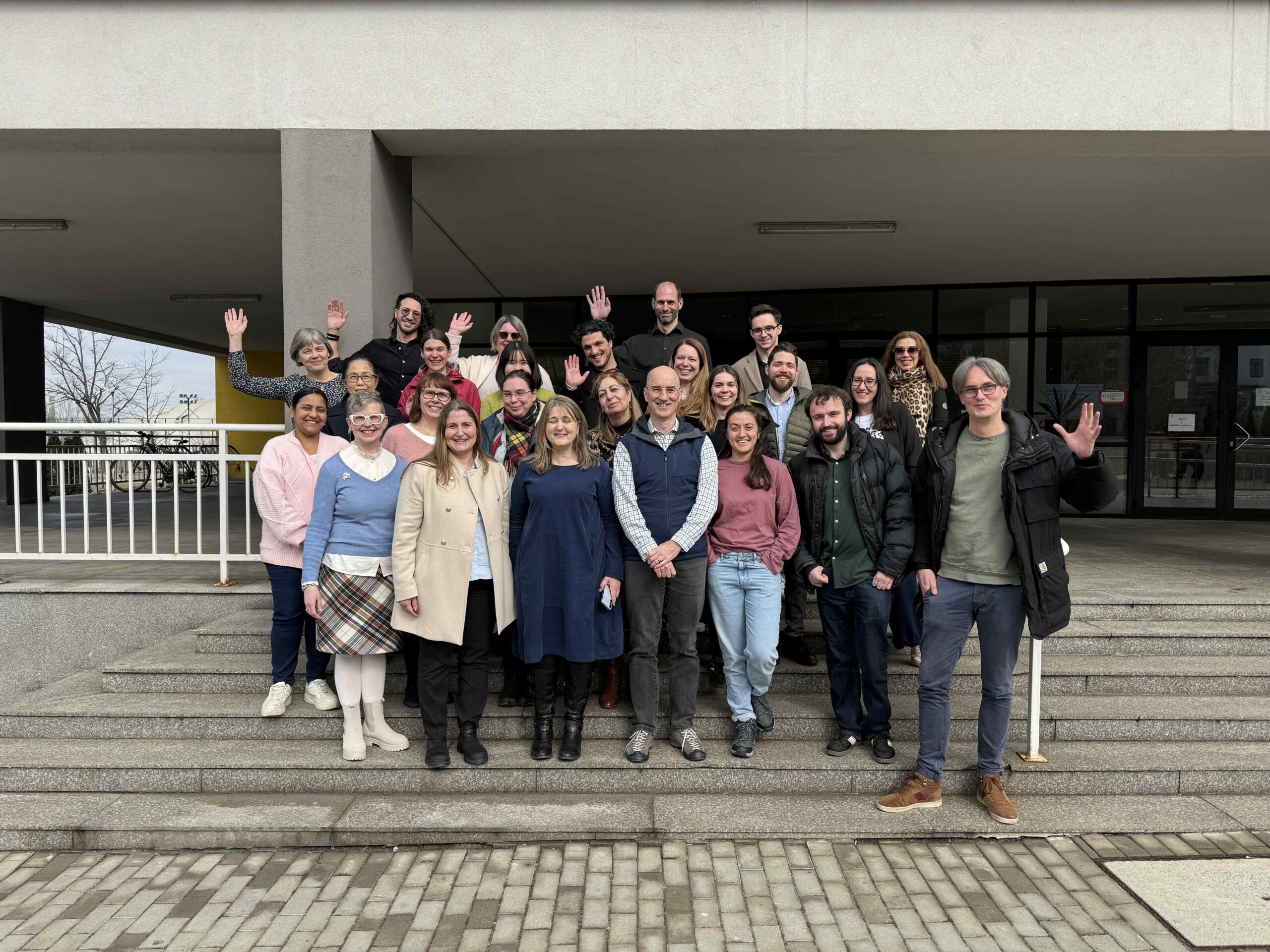The STOP (Surface Transfer Of Pathogens) research project seeks to develop a new generation of antimicrobial agents that can be deployed on surfaces to reduce the likelihood of bacteria or viruses being transmitted between people. This is particularly important for surfaces that are touched by many people (such as holds or buttons in public transport vehicles) or surfaces used by vulnerable populations (such as counter-tops in nursing homes).
This project is funded by the European Commission, together with Switzerland and the United Kingdom, and is being implemented by fifteen research institutes and companies. The project started in September 2022, and is expected to be completed by August 2026.
The project’s nanocoatings are expected to significantly reduce infections transmitted via high-touch surfaces and thus healthcare costs, and to provide and alternative to currently used disinfectant materials such as quaternary ammonium salts (‘quats’).
Project aims
We will use a variety of nanomaterials, together with nano-structuring of surfaces, to create surfaces and sprayable coatings with lasting antimicrobial and antiviral activity. The nanomaterials investigated will include combinations of inorganic nanoparticles and antimicrobial peptides. This variety of materials and antimicrobial mechanisms should reduce the risk of development of resistance. The coating formulations will be evaluated for efficacy using existing international standards and also new improved testing methods which will better take into account ageing of surfaces.


